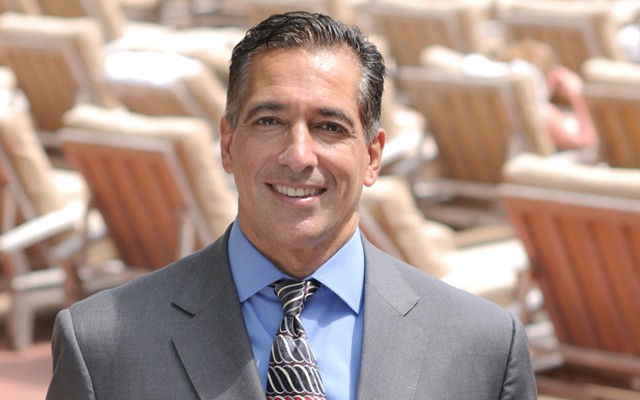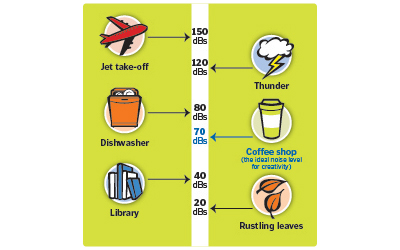We live in strange and exciting times. Over the past few millennia, the rate of change has been steadily (and some would say exponentially) increasing.
Humans are now seeing more significant cultural, technological, and environmental shifts occurring in the span of five years than we used to see over the course of five decades, or even five centuries.
The realm of genetic mapping offers one good example. Long considered impossible, the Human Genome Project officially began in 1990. Incredibly, it was declared complete just 13 years later, in 2003.
Over the course of the past decade, the time required to genetically sequence the DNA of an individual has gone from months to weeks. In the near future, it will probably take less than an hour.
While the implications of this single scientific evolution are huge — both promising and potentially intimidating — it is just one of many potential game changers.
Experts tell us that the pace, intensity, and unpredictability of change are likely to rapidly increase over the next few decades. The ways we eat, work, play, build, communicate, and live are just going to keep on shifting, quite likely in dramatic or even radical ways.
The challenging thing is, no one can really say for sure how, or with what effects. The variables (things like climate change, digital technology, and sociopolitical shifts) are just too numerous, too vast, and too intersecting for futurists to be able to co-model and forecast in any coherent fashion.
The days of confidently predicting change are largely over. At best, we can make educated guesses about the impact all these forces might have on our ecology, economy, culture, and daily modes of living.
The question for us as individuals is this: How does one prepare for a potential reality (or multiple potential realities) that one can’t possibly foresee?
The answer, of course, is that we need to develop our capacity for adaptability.
You might think of it as whole-person cross-training for the future — building strength, flexibility, and balance, not just in our bodies, but in our beings. Here are the areas where I’d start:
1. Creativity: This is a great time to focus on cultivating skills and mindsets that nourish innovation, flexible thinking, problem solving, and working within your available means. You want to be able to look at things from many different angles, to imagine alternate outcomes, to see the new potential that emerges from any given set of circumstances, and to recognize new uses and applications for the resources within your midst.
2. Resiliency: The very nature of change is stressful, so building your physical health and immunity is essential. But so is deepening your mental and psycho-emotional equanimity. Develop skills that help you manage yourself and others through times of disruption and adversity; establish mindfulness and meditation practices you can do anywhere, anytime.
3. Empathy: It’s safe to assume that you are not going to be the only one going through unpredictable circumstances. Aim to acknowledge and address the needs and challenges of others. Focus on building relationships around compassion rather than control; emphasize collaboration and interdependence over hierarchy. Look for solutions that minimize stress on downstream and peripheral systems. Expand your sense of “you” to include not just your immediate relationships but your broader community, your sense of citizenship within your society and the world.
4. Purpose: In a world where the “what” and the “how” of reality are virtually impossible to predict, you can always focus on the underlying “why” of your life. Regardless of what circumstances emerge, you can always tap into your bigger sense of purpose. (For more on that, see Simon Sinek’s book Start with Why, or his great TED talk on the subject.)
The great thing about developing capacities like these is that they will serve you just as well in the next few days, weeks, and years as they will in whatever reality the unpredictable future may hold. And that’s important, because the only reality we can truly influence and enjoy is right here in the present moment.




This Post Has 0 Comments